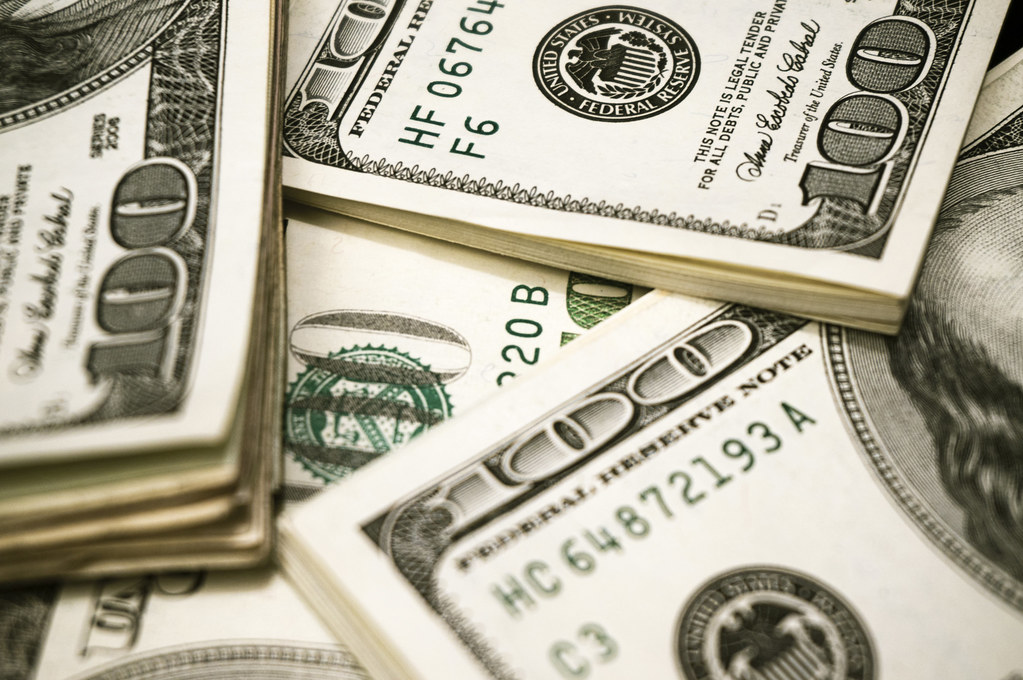In America, college sports bring together friends, family, colleagues, and the esteemed universities themselves. Yet, the month of March is arguably the most captivating month of the year. As the National Collegiate Athletic Association (NCAA) madness unfolds, rivaling teams prepare for battle, each with their eye on the prize. On the sidelines, fanatics across the nation join in on the fervor, meticulously filling out bracket sheets, gathering momentum in bets, and investing in their team’s apparel; the most zealous of fans may even luck out with the season’s most sought-after tickets. March Madness is a season of fervent emotion and even dispute. It is also a season of unexpected happenings. As we reach the pinnacle of the competition, and begin to narrow down to the final teams, an overarching question gains unprecedented focus: Which team will be the one to cut the national championship net this year?
The uproar of the postseason isn’t limited to the courtside. Indeed, the three-week wave of excitement stretches far beyond — setting off a surge of economic enterprise, and impacting the financial world far greater than many of us can fathom.
The immediate economic upsurge begins with consumers. While some brazenly invest their time into bracket sheets, others take the competition to a more elevated level. Countless fans put forth bets, and the rise of fantasy leagues has greatly increased momentum. Not only do fans hope to profit off these bets, the NCAA and on-the-book companies also draw in a substantial amount of money in response to these ardent pursuits. An Investopedia article writes that just last year, 68 million Americans wagered an estimated $15.5 billion on the tournament (Brown), and as we know, big brands rarely go home empty-handed. Online ticket providers, particularly On Location, also capitalize on the season’s upswing by offering prime tickets to the most coveted games.
With March Madness being one of the most anticipated sporting competitions, financial incomings also extend to television networks, broadcasters, and advertisers. The NCAA’s major broadcast partners, including CBS, Turner, and ESPN witness a substantial rise in viewership; enticing advertisements increase mainstream audiences, further contributing to the lucrative nature of the season.
Host cities undeniably rank at the top of the profit-maximizing list. The inflow of fans from all corners of the country boosts revenue for a variety of hospitality services, including hotels, restaurants, and bars. From businesses situated in the center of the commotion. to fans experiencing the sensation from their homes, nearly every aspect of the American economy and society is invigorated by the tournament.
Aside from the season’s frenzy, and the debate over who will be this year’s reigning champion, a fundamental question begs an answer: What financial impact does March Madness have on participating universities? Put simply, the NCAA tournament unfolds into a hotbed of economic prosperity for these schools. Investopedia writes; “In 2022, college athletics’ governing body earned $1.14 billion in revenue, with the tournament representing almost 90% of the total.” That said, the season serves as an opportunity for universities to enhance their many departments and overall stature.
In conclusion, March Madness is far more than a three-week battle on the courts. It is a season of bonding, spirit, and significant financial gain.





